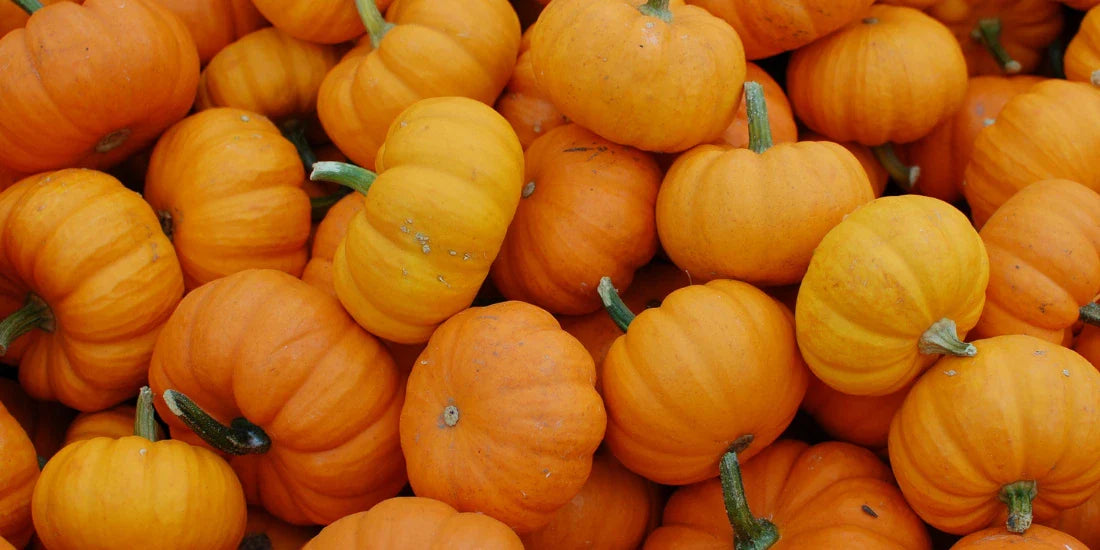
Why Adding Fibre to Your Dog's Diet Can Save You Money
|
|
Time to read 3 min
|
|
Time to read 3 min
Fibre is an absolute must when it comes to keeping your dog healthy and happy! There are so many great ways you can add fibre to your dog's diet and it works wonders by helping with digestion and promoting proper bowel movements. Plus, it keeps your dog's gut in top form by creating a hostile environment for nasty bacteria.
But, how much do you know about the benefits of fibre? In this blog we're going to cover all the key information you need to know and more importantly give you tips on how to add fibre to your dog's diet safely.
The first thing to know about fibre is that there are two types; soluble or insoluble. Soluble fibre is easily absorbed by your dog's body, while insoluble fibre helps keep things moving along smoothly by absorbing water and keeping poops firmer, which has the added benefit of improving your dog's anal gland health.
But beware, too much soluble fibre too quickly can make your pup a bit gassy and may cause tummy troubles. On the other hand, too much insoluble fibre can interfere with nutrient absorption and lead to weight loss and other issues.
It's also worth bearing in mind that as your dog gets older, their protein needs decrease and fibre becomes more important. So, if your senior dog starts having tummy troubles, they may need a little extra fibre in their diet.
Do you want to improve your dog's diet with fibre? It's a breeze! Simply add high-fibre foods to their meals and witness the positive effects. There are several foods that are great additional fibre options such as:
One popular option is pumpkin which easily available either canned or as pumpkin powder. Whether you opt for canned or powdered pumpkin introduce the change gradually to start with. Whilst canned pumpkin is convenient a lot of people prefer pumpkin powder as it it less wasteful as it lasts longer than an opened can; saving you money at the same time as helping your dog's digestion.
Green beans are also an excellent source of whole food fibre. While raw green beans may be a bit challenging to digest, steaming them makes it a breeze. Just remember to let them cool down before serving them to your adorable pooch. Alternatively, frozen green beans work wonders too! Smaller breeds may need around a tablespoon (you can make it easier by chopping them up), while larger breeds can indulge in 3 tablespoons.
Another great source of fibre is sweet potatoes; they are a fantastic way to naturally boost your dog's fibre. Just like green beans, steaming them is the ideal preparation method. Once cooked and cooled, you can serve them as small, cubed chunks or mash them up for a yummy treat. Depending on your dog's size, you can add anywhere from a 1 - 3 tablespoons of sweet potatoes.
You could also add a high fibre supplement chew such as Scoot Stopper to your dog's diet. These chews contain flaxseed, psyllium seed husk, dandelion root, pumpkin powder and beet pulp. These chews help your dog's digestion not only by boosting the amount of fibre in their diet but also by containing added prebiotic fibres to help your dog have a healthy gut.
As with any dietary changes, it's best to consult with your veterinarian, particularly if you're addressing a specific concern.
When it comes to adding fibre to your dog's diet, there are a few things you should steer clear of. If you're opting for puréed pumpkin, make sure to choose canned pumpkin only, and not the pumpkin pie mix variety. The latter contains added sugar and spices that may not sit well with your pup's tummy.
Be cautious with canned green beans too. They tend to have a higher sodium content compared to fresh or frozen ones. If you're left with no choice but to use canned beans, keep an eye out for low sodium options.
Fibre is a vital nutrient for our canine companions, but different dogs may require varying amounts in their diet. For more information on your dog's dietary needs and the best ways to supplement their meals, have a chat with your trusted vet. They're the experts when it comes to keeping our beloved pets healthy and happy.